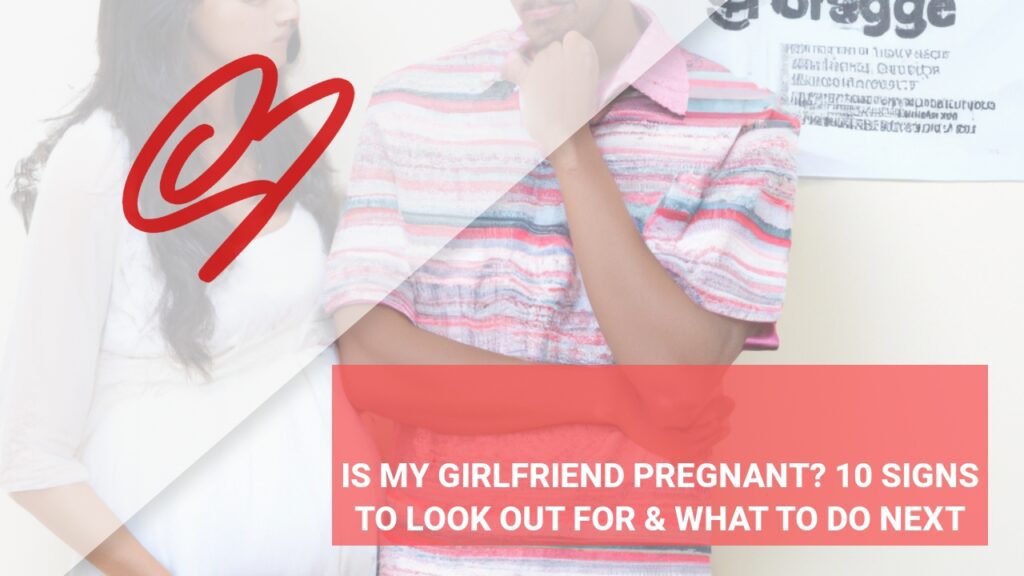When Love Hurts: My Boyfriend’s Words Sting
As someone who is in a romantic relationship, it is natural to expect love, support, and encouragement from your partner. However, if your boyfriend says very hurtful things to you, it can be a source of pain and confusion. It is not uncommon for people in relationships to experience verbal abuse, which can lead to emotional and mental distress. The first step in addressing this issue is to recognize the problem and take proactive steps to address it.
Verbal Abuse: Recognizing Hurtful Language
Verbal abuse is a form of emotional abuse that involves the use of words to demean, humiliate, and manipulate someone. It can take many forms, such as name-calling, insults, threats, and criticism. Recognizing verbal abuse can be challenging, especially if you are in a long-term relationship. However, some common signs of verbal abuse include feeling afraid of your partner or walking on eggshells around them, feeling belittled, and being blamed for everything that goes wrong.
The Power of Words: How They Impact Us
Words have immense power and can impact us in both positive and negative ways. Positive words can inspire, motivate, and uplift us, while negative words can hurt, demoralize, and crush us. When your boyfriend says very hurtful things to you, it can affect your self-esteem, mental health, and overall well-being. It is essential to acknowledge the power of his words and how they are impacting your mental and emotional health.
Why Does My Boyfriend Say Such Mean Things?
There could be several reasons why your boyfriend says very hurtful things to you. It could be because he is dealing with his own insecurities, stress, or unresolved issues. He may also be trying to control and manipulate you, or he may not have the skills to communicate in a healthy way. Whatever the reason may be, it is not your fault, and you do not deserve to be treated poorly.
A Guide to Responding to Hurtful Remarks
Responding to hurtful remarks can be challenging, but it is essential to address the issue and set boundaries. You can start by calmly expressing how his words make you feel and letting him know that they are unacceptable. It is also crucial to avoid engaging in a verbal argument and to seek professional help if necessary. Remember, you have the right to be treated with respect, kindness, and love.
Moving Forward: Setting Boundaries and Seeking Help
Moving forward from verbal abuse requires taking proactive steps to protect yourself and your well-being. This may involve setting boundaries, such as limiting or ending contact with your boyfriend, seeking professional counseling, or reaching out to a support group. It is essential to prioritize self-care, surround yourself with positive people, and focus on your personal growth and healing.
Finding Happiness: Tips for Leaving Toxic Relationships
Leaving a toxic relationship can be challenging, but it is necessary for your safety and well-being. If you decide to end the relationship, it is crucial to have a safety plan and to seek the support of your loved ones. You can also consider seeking legal assistance if necessary. Remember, leaving a toxic relationship is a courageous act, and you deserve to find happiness and love.
Love Shouldn’t Hurt: Learning to Love and Be Loved
Love should be a source of joy, support, and growth. It should not hurt, demean, or control you. Learning to love and be loved requires building healthy relationships, setting boundaries, and focusing on personal growth and self-care. Remember, you are worthy of love, respect, and kindness, and you deserve to be treated with dignity and compassion.

